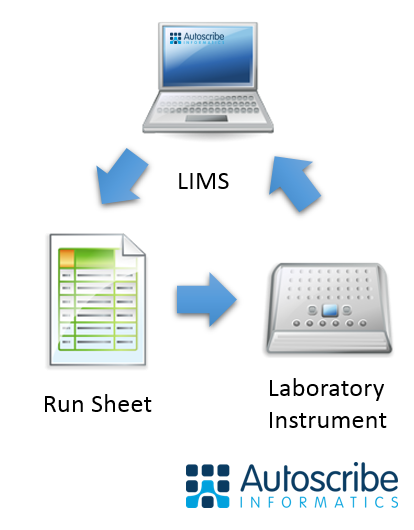Autoscribe Informatics To Show Enhancements in Analytical Quality Control Functions to Maximize Laboratory Throughput
Stand H6, Lab Innovations, NEC, Birmingham, UK, October 31 - November 1, 2018
12th September 2018
Autoscribe Informatics will be demonstrating the latest version of the Matrix Gemini LIMS (Laboratory Information Management System) at Lab Innovations 2018. New features shown for the first time include advanced analytical quality control (AQC) functions to better reflect modern practices, drive improved efficiency and maximize the use of resources across the laboratory. A new flexible ‘Container View’ that allows many different container types (such as well-plates and FluidXTM racks) to be represented in the LIMS will also be demonstrated for the first time at the Show.
Advanced AQC allows the laboratory to maximize sample throughput while meeting regulatory and quality standards and without compromising the quality or accuracy of data. It provides highly flexible run sheet functionality, allowing users to create run sheet templates that meet the needs of today’s analytical laboratory. AQC samples including blanks, duplicates, replicates, spikes, controls, spike duplicates and control duplicates and their position within a run can be defined based on user defined patterns.
Advanced AQC allows complex rules to be used when placing control samples amongst standard samples within a run sheet. These rules include set positioning of individual QC samples, leading and trailing sets of QC samples as well as repeating patterns and randomized positioning within sets of unknown samples

Run sheets are created by selecting the unknown samples to be included and adding them to a template within the arrangement of the AQC samples. Once finalized, the run sheets can be used as load lists for instruments, which may produce results in electronic form for import into Matrix Gemini. AQC samples have appropriate calculations associated with them depending on their type and these are triggered automatically when the appropriate results have been entered into the LIMS.